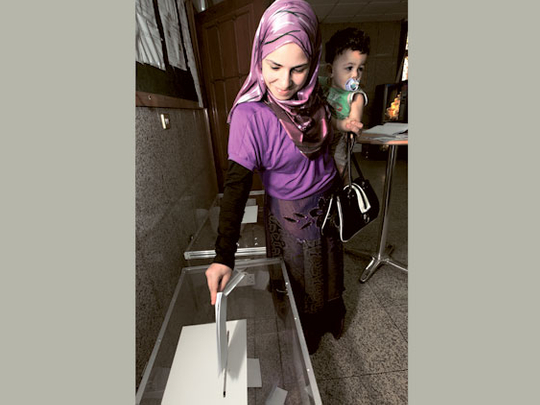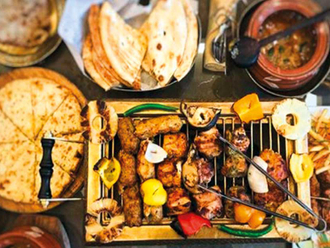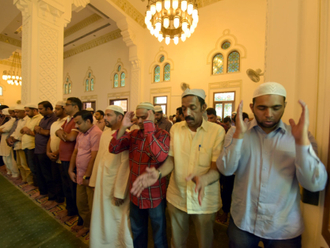
Abu Dhabi: Faced by what many see as a difficult decision to choose between an Islamist and a former general from the old regime, Egyptian expatriates in the UAE say they will not give a blank cheque for any candidate, as they cast their votes at the Egyptian embassy in Abu Dhabi today.
Egyptians also said they believe the trial and conviction of the former president, Hosni Mubarak, on charges of complicity in the murder of peaceful protesters during pro-democracy protests gives a strong message to Egypt’s future leaders that they are not above the law.
Tareq Obaid, an accountant, said as a voter, he would not be fooled any longer by lip service.
“Personally I see both candidates present an exceptional challenge. But when I choose one, I don’t give him a blank check. My vote is conditional and will always be based on who will honour his promises and meet the people’s demands,” Obaid said.
Dispiriting choice
Abdul Wahab Sha’aban, a salesman, said although it was a dispiriting choice between a return to the old corrupt tyrannical regime or a conservative Islamist giving the Muslim Brotherhood both parliamentary houses and presidency, people can overthrow whoever fails to honour their demands and achieve their aspirations.
Voters must now choose between Mohammad Mursi, who leads the Freedom and Justice Party, the political wing of the Muslim Brotherhood, and Ahmad Shafiq, the last prime minister of former president Mubarak — both are among the most disfavoured in the UAE and by revolutionaries in Egypt.
Saeed Ebrahim, an accountant, who voted for Mursi in both rounds of the elections, said he found the Muslim Brotherhood to be a better choice.
When asked how he would assess claims that Islamists might set up guards like those in Iran, Ebrahim dismissed the argument as groundless.
“These claims were aired by Omar Sulaiman, the second best man for Israel and not for his country,” he said.
Preference for Abu Al Fotouh
In the first round, Egyptians in the UAE had voted strongly for moderate Islamist Abdul Moneim Abu Al Fotouh to be their next president.
Abu Al Fotouh, who left the Muslim Brotherhood last year after deciding to run for president, received 12,150 votes, well ahead of second-placed Hamdeen Sabahi, leader of the Dignity Party, who received 8,741 votes. He was followed by Amr Mousa, the former Arab League chief and the country’s former foreign minister, who received 7,814 votes.
Voting in the UAE will last for a week while the final round of voting in Egypt will take place on June 16-17.
Six out of 10 Egyptians voted for Islamists in the parliamentary elections. That dropped to four in 10 in the presidential election.
Adel Adawi, an electrical engineer, said the people should accept and support the winner in the election.
“Any president now knows he can be brought to account, so Egypt will not reproduce a corrupt tyrannical regime anymore,” he said.
Absentee ballots
About 66 per cent of the registered voters cast their absentee ballots in the UAE in the first round of elections.
Around 61,000 of the more than 300,000 Egyptians living and working in the UAE have registered to cast ballots.
It is estimated that more than eight million Egyptians are working and living abroad, but nearly 600,000 are registered voters overseas — a small proportion of the total electorate of more than 50 million.








